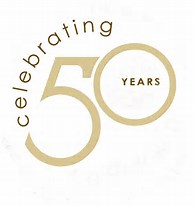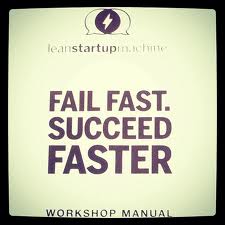
There is a new registry for Autism based at Univ California San Diego. This is called the Spark Program. 50% of children with myotonic dystrophy have some type of autism. I think that studying the autism in myotonic dystrophy would lead to some discovery of the genetic basis of autism.
If you or your child has a professional diagnosis of autism, you are eligible to participate in the SPARK research study!
Help Speed Up Autism Research: Join SPARK today!
What is SPARK?
SPARK is the largest autism research project in US history, seeking to create a cohort of 50,00 individuals diagnosed with ASD and their biological family members. The entire autism community is encouraged to participate! There is NO cost to take part in SPARK. The research is sponsored by the Simons Foundation Autism Research Initiative (SFARI). We hope that this will lead to more insights of autism in myotonic dystrophy
Our Goal:
Our goal is to build a community of 50,000 individuals with autism and their biological family members as we seek to speed up research and improve our understanding of autism — including learning what causes autism and how best to treat it. UCSD Autism Center of Excellence and over 25 of the nation’s leading medical schools and autism research centers are part of this effort. The entire autism community is encouraged to participate! There is NO cost to take part in SPARK.
What We Do:
SPARK researchers extract genetic data through a saliva sample, and they study genes and information collected from thousands of people and their biological parents. At the same time, we aim to make participation as simple as possible, create an interconnected community, and share resources and information to our participants! We hope you will join us!
How to Join:
- Sign-up online: here. It only takes 20 minutes.
*If you are prompted with the question: Were you referred by a university, hospital, or registry? Please selectUCSD/SARRC. - Complete a few questionnaires online.
- Provide a saliva sample. A saliva collection kit will be mailed to your home within 2-3 weeks after completing the registration. When you are done, simply mail it back to us for free.
Benefits of Joining:
- If a genetic finding is discovered related to the cause of autism in a saliva sample, results will be shred back with families.
- Individuals with autism will receive gift cards valued up to $50 for participating.
- Families will have access to the latest research, articles, and monthly webinars featuring speakers from the autism community that provide useful information for families and diagnosed individuals.
- The information you provide will help others with ASD in the future!
If you have any questions or would like to schedule an in-home appointment to complete the study, please contact our SPARK coordinator at (858) 534-6906 or SPARKForAutism@ucsd.edu.




